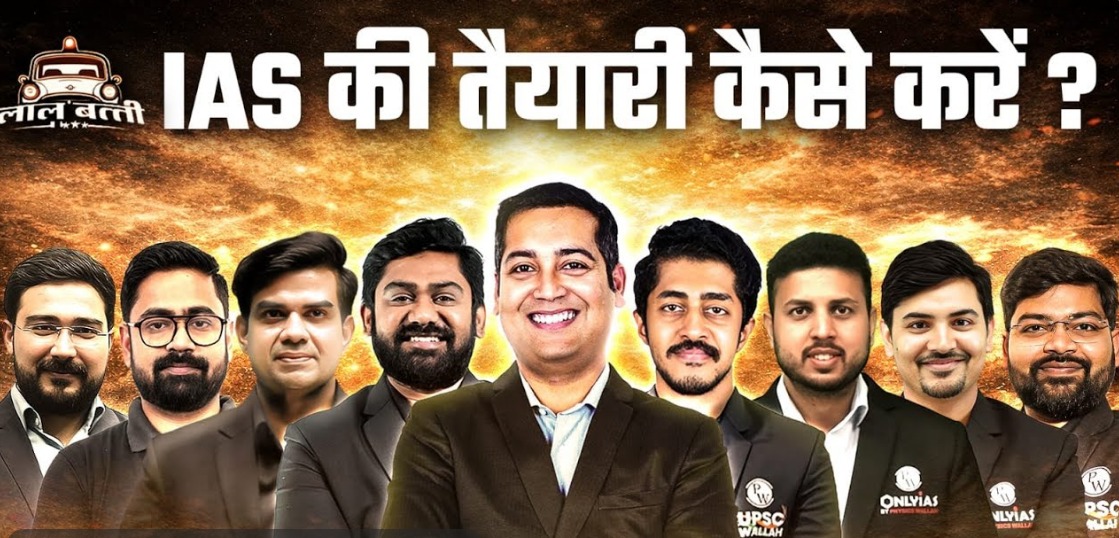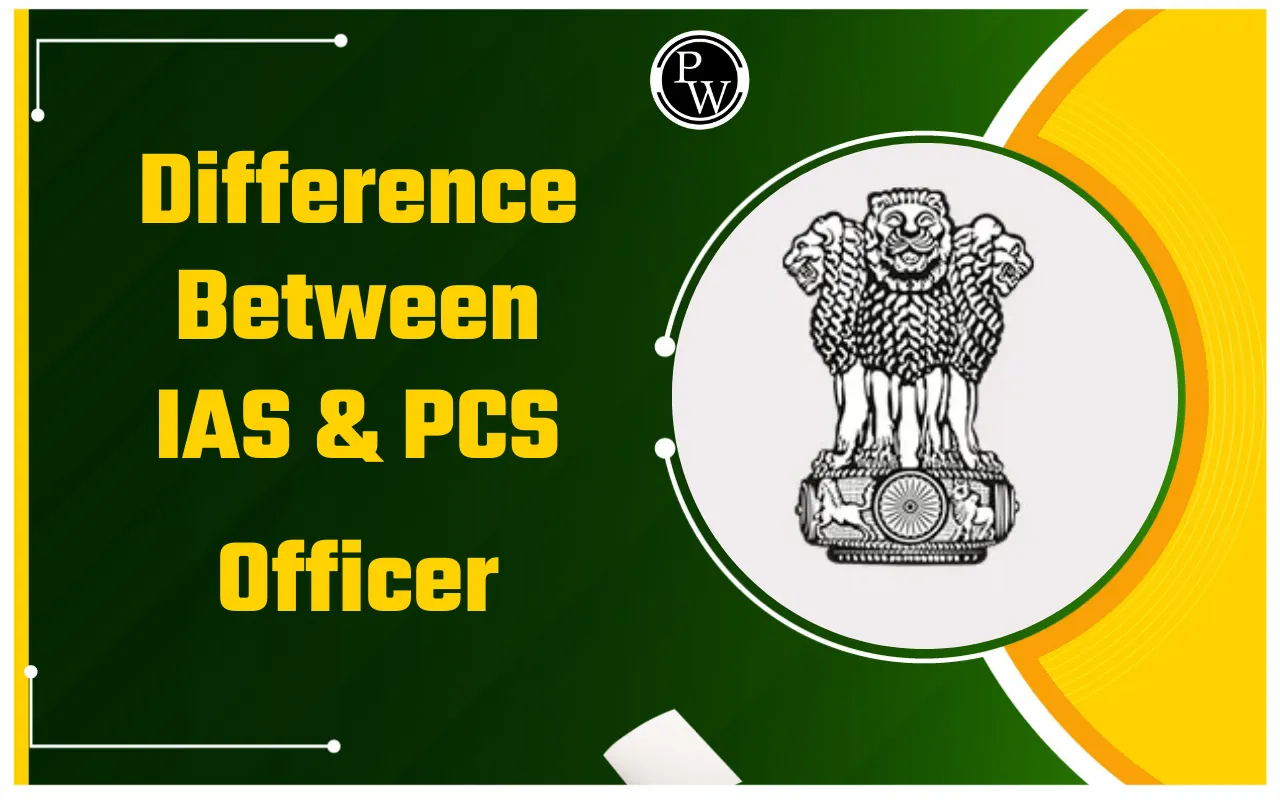
UPSC Urdu Literature Optional is one of the popular choices among aspirants for the Civil Services exam. It is especially preferred by candidates with a background in Urdu language or literature, but anyone with an interest and dedication can opt for it. The UPSC Urdu Literature Optional syllabus explores the diverse literary heritage of the Urdu language, encompassing classical and contemporary poetry, prose, drama, and literary analysis. Read on for more!
UPSC Urdu Literature Optional 2025
Urdu literature traces its roots to the 13th century on the Indian subcontinent. It evolved from Persian and Arabic influences, flourishing during the Mughal era. The eminent poet Amir Khusrau laid the foundation with his diverse works. However, it was during the British colonial period that Urdu literature reached its zenith, with poets like Mir Taqi Mir, Mirza Ghalib, and Allama Iqbal, whose poetry reflected socio-political realities. The Progressive Writers' Movement in the 20th century ushered in a new era of socially conscious literature. Today, Urdu literature stands as a rich tapestry of poetry, prose, and drama, embodying diverse cultural expressions.UPSC Urdu Literature Optional Syllabus 2025
The UPSC Mains Syllabus for Urdu Literature Optional encompasses various themes, spanning classical and contemporary Urdu poetry, prose, drama, and literary analysis. Aspirants must delve into the creations of celebrated Urdu authors like Mir Taqi Mir, Mirza Ghalib, Allama Iqbal, Saadat Hasan Manto, Ismat Chughtai, and more. Let us have a look at the Complete Urdu Literature Optional Syllabus:Urdu Literature Optional Syllabus For Paper I
Paper I of the syllabus of Urdu Literature covers the development of the Urdu language, evolving through the Old, Middle, and New Indo-Aryan periods. Urdu, with its origins in Western Hindi dialects, flourished alongside its sister languages. This literary tradition encompasses diverse genres like poetry and prose, reflecting the social and cultural fabric of regions such as Deccan, Delhi, and Lucknow. From the elegant ghazal to the stirring drama, Urdu literature stands as a testament to the beauty and complexity of human expression.
The table below contains the complete UPSC syllabus of Urdu Literature Optional Paper I for the UPSC Mains exam
| Section A | |
|
|
| Section B | |
|
Urdu Literature Optional Syllabus For Paper II
Paper II of the UPSC Urdu Literature Optional takes candidates on a journey through the timeless works of literary giants who have shaped the cultural landscape of the language. From the enchanting prose of Mir Amman to the poignant verses of Ghalib, students explore the depth and diversity of Urdu’s literary heritage. The syllabus also covers the social realism of Prem Chand’s Godan and the philosophical musings found in Iqbal’s Bal-e-Jibrail.
The table below contains the complete syllabus of Urdu Literature Optional Paper II for the UPSC Mains Exam:
| Section A | |
|
Mir Amman |
Bagho-Babar |
|
Ghalib |
Intikhab-e-Khutoot-e Ghalib |
|
Mohd. Husain Azad |
Nairang-e-Khayal |
|
Prem Chand |
Godan |
|
Rajendra Singh Bedi |
Apne Dukh Mujhe Dedo |
|
Abul Kalam Azad |
Ghubar-e-Khatir |
| Section B | |
|
Mir |
Intikhab-e-Kalam-e-Mir (Ed. Abdul Haq.) |
|
Mir Hasan |
Sahrul Bayan |
|
Ghalib |
Diwan-e-Ghalib |
|
Iqbal |
Bal-e-Jibrail |
|
Firaq |
Gul-e-Naghma |
|
Faiz |
Dast-e-Saba |
|
Akhtruliman |
Bint-e-Lamhat |
UPSC Mains Exam Pattern of Urdu Literature Optional
The exam pattern for Urdu Literature Optional is as follows:-
- The UPSC main exam is divided into two papers, i.e., Paper I and Paper II.
- Both Paper I and Paper II carry 250 marks each, for a total of 500 marks for the Urdu Literature papers.
- In both Paper I and Paper II of Urdu Literature, optional candidates have to attempt FIVE questions in all. THREE hours are allotted to attempt each paper.
- Ques Numbers 1 and 5 from both papers are compulsory to attempt, and out of the remaining questions, THREE (3) are to be attempted, choosing at least ONE (1) question from each section.
- Answers must be written in Urdu.
|
Urdu Literature Optional Exam Pattern |
|
| Particular | Details |
| Total Papers | Two papers, Paper I and Paper II |
| Total Marks | 500 (250 Each) |
| Time allowed | 3 Hours for each paper |
| Sections | Section A and Section B |
| Questions | total 8 questions with subparts |
| Compulsory Question | Question Nos. 1 and 5 |
| Marks Distribution | 10, 15, and 20 marker questions |
| Writing Language | Urdu |
Recommended Books For Urdu Literature Optional UPSC Mains
Below is the list of books for Urdu Literature Optional Paper I and II for UPSC Mains Exam:List of Urdu Literature Optional Books for UPSC Mains Paper I
- Darya Shukoh (Khuwab-o-Khiyal)
- Mir Taqi Mir (Kulliyat-e-Mir)
- Momin Khan Momin (Diwan-e-Momin)
- Ghalib (Diwan-e-Ghalib)
- Iqbal (Bang-e-Dara & Bal-i-Jibril)
List of Urdu Literature Optional Books for UPSC Mains Paper II
-
- Sir Syed Ahmed Khan (Assas al-Sanahid)
- Deputy Nazir Ahmed (Banu Begum)
- Premchand (Gaban & Idgah)
- Krishan Chander (Sang-e-Meel & InshaAllah Khan)
- Manto (Toba Tek Singh & Siyah Hashhiya)
- Other literary texts are mentioned in the syllabus.
Download Urdu Literature Optional Question Papers
The table below contains the list of Previous year question papers on Urdu Literature Optional subject, which is distributed year wise:| Urdu Literature Optional Paper 2024 | |
| Urdu Literature Optional Paper I | Urdu Literature Optional Paper I |
| Urdu Literature Optional Paper 2023 | |
| Urdu Literature Optional Paper I | Urdu Literature Optional Paper II |
| Urdu Literature Optional Paper 2022 | |
| Urdu Literature Optional Paper I | Urdu Literature Optional Paper II |
| Urdu Literature Optional Paper 2021 | |
| Urdu Literature Optional Paper I | Urdu Literature Optional Paper II |
| Urdu Literature Optional Paper 2020 | |
| Urdu Literature Optional Paper I | Urdu Literature Optional Paper II |
How to Prepare For UPSC Urdu Literature Optional?
Preparing for the UPSC Urdu Literature Optional requires a systematic approach and dedication. Here's a step-by-step guide to help you:- Understand the Syllabus: Familiarise yourself with the UPSC syllabus for Urdu Literature Optional. Understand the topics and subtopics that you need to cover.
- Collect Study Material: Gather comprehensive study material, including textbooks, reference books, previous years' question papers, and study guides. Make sure to include both Urdu literature classics and contemporary works.
- Make a Study Plan: Create a study plan that allocates specific time slots for each topic. Balance your study time according to the weight of different topics in the syllabus.
- Read Urdu Literature Classics: Start by reading classic Urdu literature works such as poetry collections, novels, dramas, and essays. Pay attention to the themes, writing styles, and literary techniques used by different authors.
- Analyse Literary Movements: Understand the various literary movements in Urdu literature, such as Romanticism, Realism, Progressive Movement, and Modernism. Analyse how these movements influenced Urdu literature.
- Study Literary Criticism: Familiarise yourself with different literary theories and critics relevant to Urdu literature. Understand their perspectives and interpretations of various literary works.
- Practice Answer Writing: Practice writing answers to previous years' question papers and mock tests. Focus on structuring your answers effectively and expressing your ideas clearly.
- Revision: Regularly revise the topics you have covered to reinforce your understanding and retention of the material.
Get ready for the UPSC exam. Explore PW UPSC Courses!
UPSC Urdu Literature Syllabus FAQs
Is Urdu a good optional subject for UPSC?
Is Urdu allowed in the UPSC exam?
What are the highest marks in the UPSC Urdu optional exam?
Which is the easiest optional subject?
Is Urdu Literature a scoring optional in UPSC?







